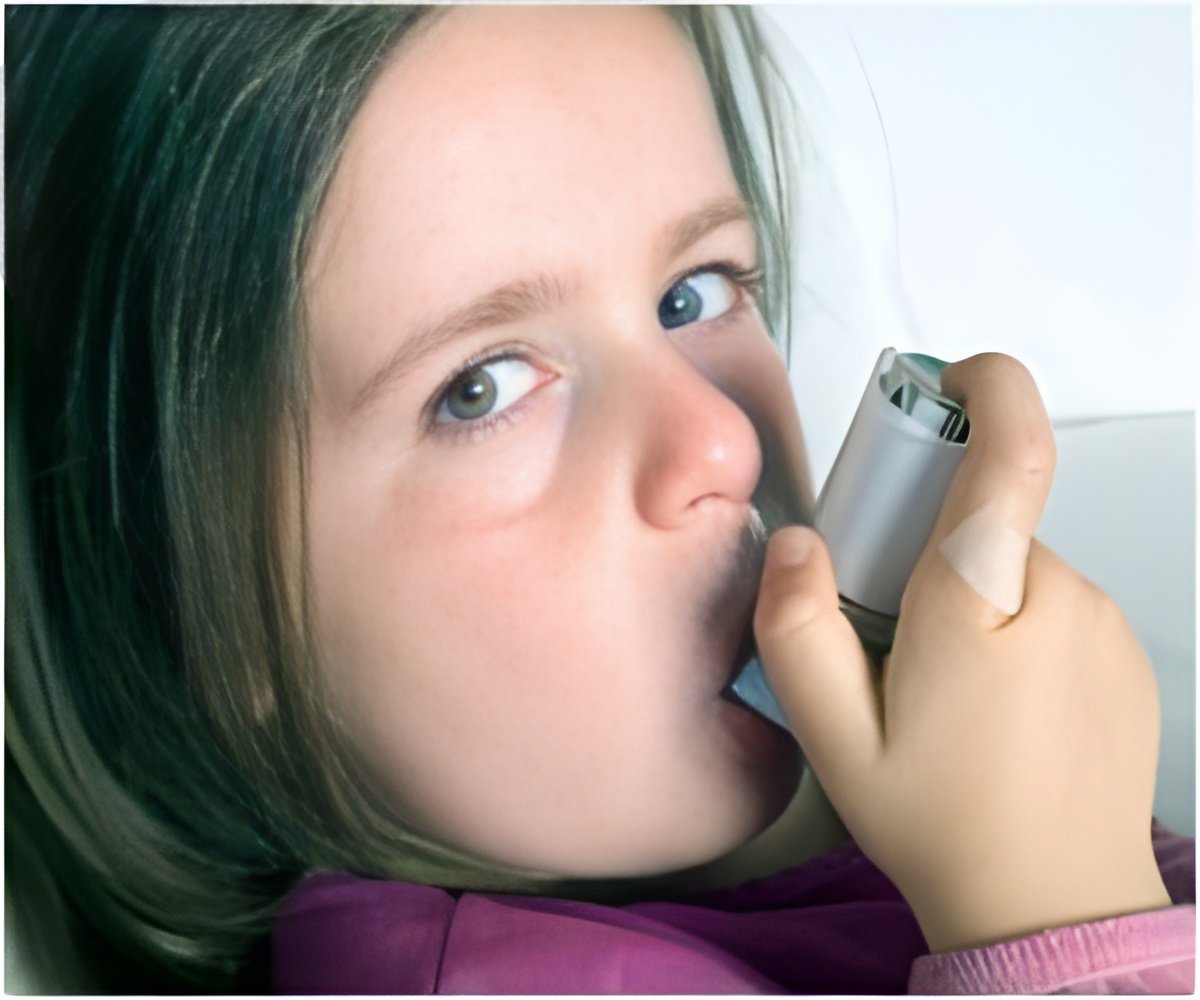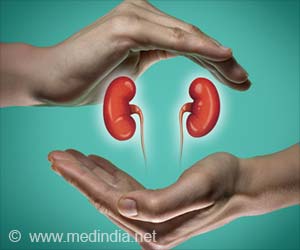Yeast found in the gut of new babies in Ecuador appears to be a strong predictor of childhood asthma.

- Previous research had shown that presence of certain gut bacteria offers protection against childhood asthma.
- But the presence of an yeast called Pichia found in the gut of babies in Eucador, increased the risk of developing childhood asthma.
- Despite being in a cleaner environment and having access to good, clean water, the rates of asthma were higher in these children.
The research helps in understanding the role microscopic organisms play in our overall health.
"Children with this type of yeast called Pichia were much more at risk of asthma," said Brett Finlay, a microbiologist at UBC. "This is the first time anyone has shown any kind of association between yeast and asthma."
In a previous research, Finlay and his colleagues identified four gut bacteria among Canadian children, the presence of which in the first 100 days of life, seemed to prevent asthma.
There are high rates of asthma in Canada and Eucador with about 10% of the population suffering from the disease.
Asthma is a chronic inflammatory disorder that causes constriction of the airways. It causes difficulty in breathing, cough, shortness of breath, tightness of chest and wheezing. It impairs quality of life.
While gut bacteria plays a role in preventing asthma in Ecuador, the presence of a microscopic fungus or yeast known as Pichia was more strongly linked to asthma.
Researchers wanted to know if there could be a link between the risk of asthma and the cleanliness of the environment for Ecuadorian children.
As a result, researchers noted if children had access to clean water.
"Those that had access to good, clean water had much higher asthma rates and we think it is because they were deprived of the beneficial microbes," said Finlay.
"That was a surprise because we tend to think that clean is good but we realize that we actually need some dirt in the world to help protect you." Finlay added.
This research was presented at the 2017 annual meeting for Association for the Advancement of Science.
Reference
- Asthma, 2014 - (http://www.statcan.gc.ca/pub/82-625-x/2015001/article/14179-eng.htm)
Source-Eurekalert















